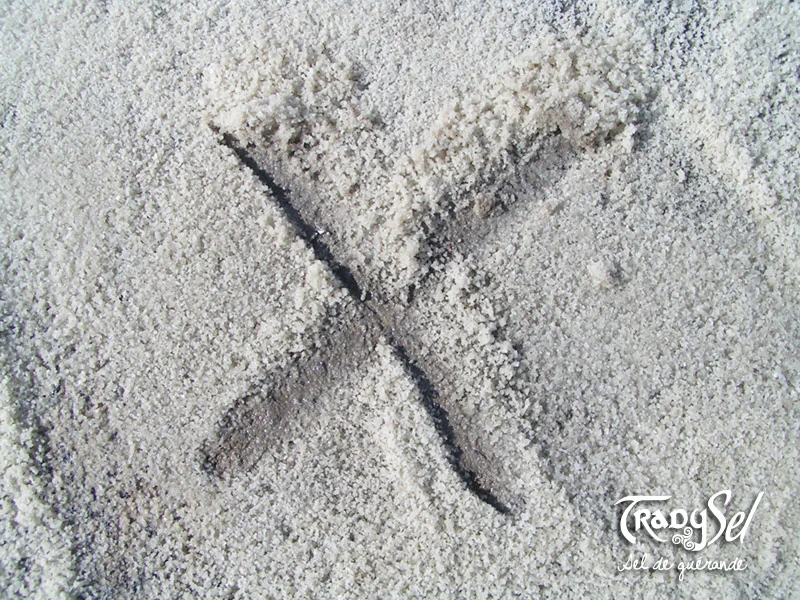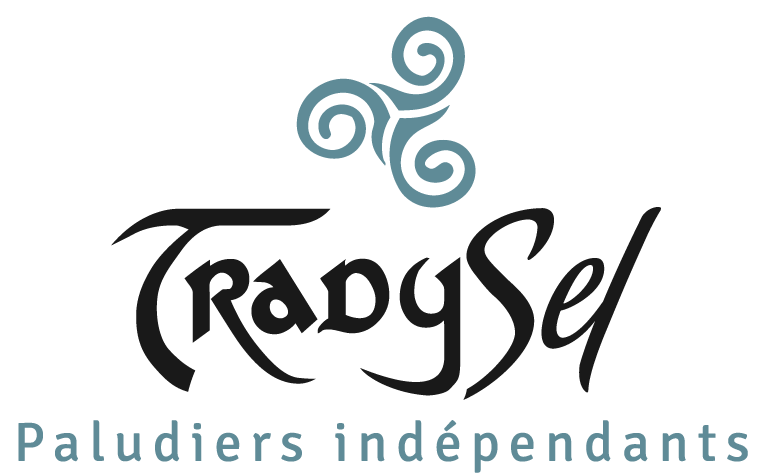Throughout antiquity, salt was one of the most important commodities, and led to early exchanges between different civilisations, resulting in universal transport and exchanges. The word in itself is often similar in different languages.
The Egyptians of High Egypt exchanged it at certain times for its weight in gold. For a long time it was money for exchange; the word "salary" comes from the Latin "salarium" as the Roman soldiers were paid in salt.
Without salt, Christopher Columbus would probably never have discovered America. Our Guérande culture has always been exported along with our product, and to avoid returning empty and being obliged to ballast, boats brought back other products.
The most powerful people in the world took over its production and distribution, with the famous "gabelle" (salt tax), for example, multiplying by 40 the price of Batz salt in nearby Angers. This was replaced by another tax which only disappeared in 1945. There are numerous stories of contraband and false "sauniers", and "gabelous" (salt tax collectors) were part of the landscape for a long time.
Flower of salt used to be served at the King's table, and it is said that Louis XIV only ate salt from our Lower Brittany basin. Even today it is still a vector for many symbols.
In the town of Batz sur Mer, for example, children of salt workers can sometimes be baptised with flower of salt, and during the forgiveness of Saint Guénolé, the giving of salt is still a special moment.
Strangely, the beliefs and superstitions didn't enter the marshes, and popular tradition does not have things to do or avoid in the production sites. Even for the most superstitious people... The only exception is the cross which is always drawn on the "trémet" (platform) at the end of the season, for a good season the following year. This cross is probably pagan. Even the numerous shrines which were worshipped in villages in the area didn't enter the marshes, where the only God was salt.

